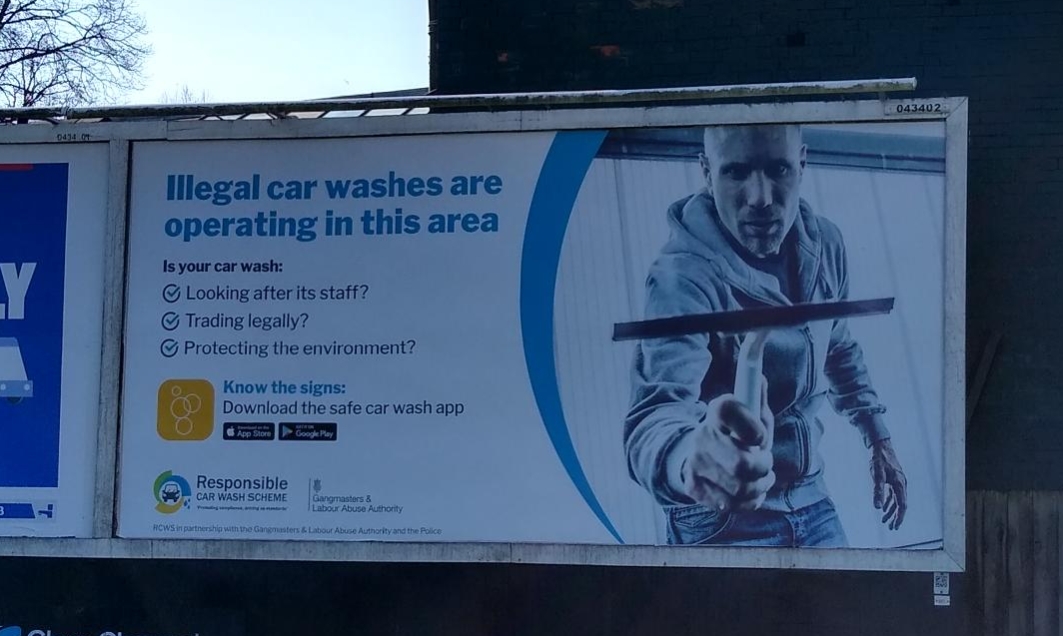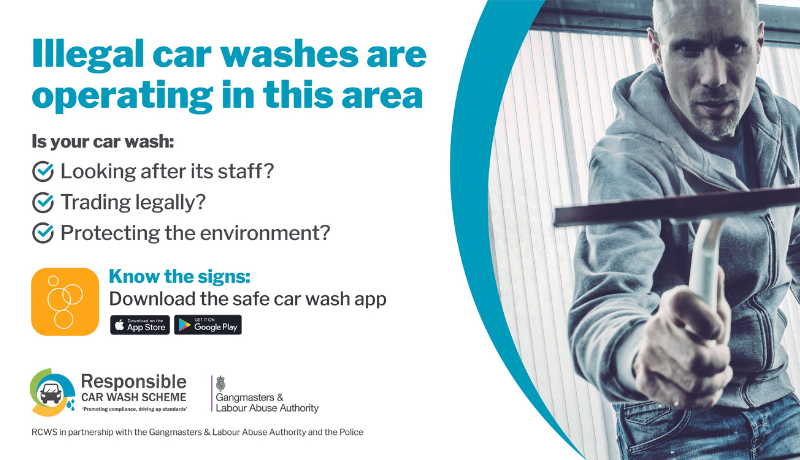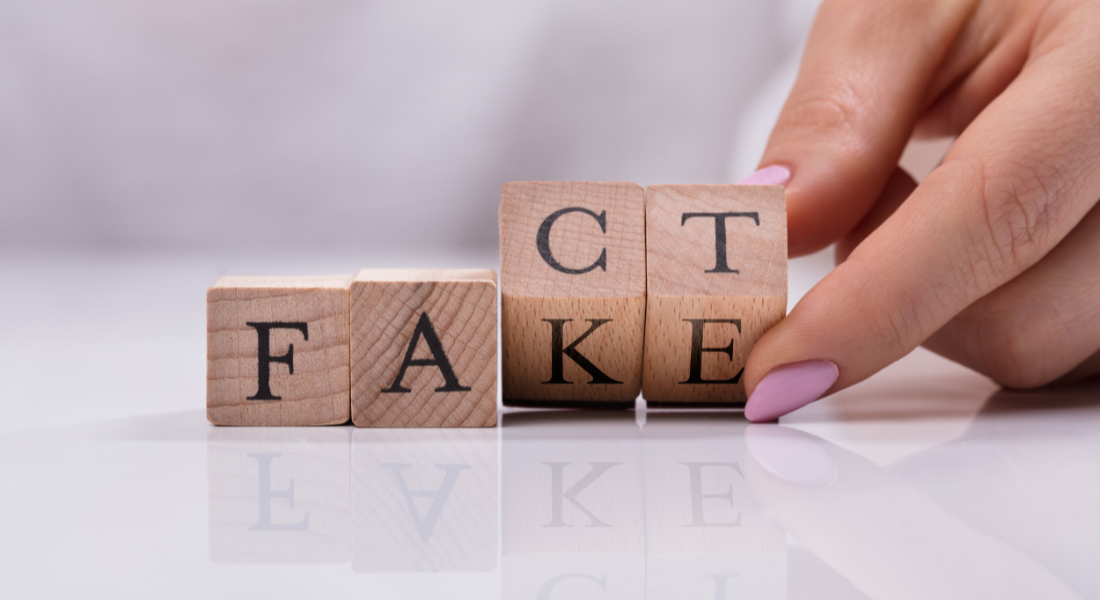Ban the billboard? Ooh no!
By Rachel Murray
W hile Out Of Home (OOH) advertising is not our staple medium, I’ve got to know this space quite well recently.
The OOH arena incorporates billboards, sides of buses, bus stops, petrol pumps, pavement art and, frankly, anything you can get an image on to. And we recently decided to include this as an important aspect of a client’s awareness raising campaign. It meant I needed to become an office chair expert on OOH in a short space of time.
So my interest was piqued when I saw the BBC article asking “should billboard advertising be banned?”
My initial thought on seeing the headline was: “why?” and “don’t ban it when I’ve just got into it!”. I liked the immediacy of the media, the ability to be very localised, the creative foray it inspired and my dealings with billboard salespeople (hello Barry and Ian) – who were much more eager to talk to me than my usual target audience (journalists).
The campaign for our client, the Responsible Car Wash Scheme (RCWS), aimed to discourage people from using unregulated car washes. This involved locating and booking prominent sites. We then carefully crafted our messaging and worked with our design agency, Fablr to create ads that would have the biggest impact. It was bit of deviation from the media channels we typically pursue but it was right for this client – and the exercise turned out to be interesting, rewarding and educational.
Which is why, when I started reading through the BBC article, I began to feel quite righteous and smug. While arguments against OOH include light pollution, unsightliness and message bombardment, the reality was that most of the against crowd only want to ban perceivably harmful or offensive ads.

While arguments against OOH include light pollution, unsightliness and message bombardment, the reality was that most of the against crowd only want to ban perceivably harmful or offensive ads.
Some councils and organisations that rent out the sites have already vetoed fast food (Transport for London) gambling and alcohol (Bristol City Council) ads. Our RCWS campaign was more public service messaging, rather than an enticement to embark on an unhealthy lifestyle, so we would be safe in this respect.
Presumably we wouldn’t be the target for the groups that are taking to “ad hacking” either – where people deface adverts or cover them with an alternative message. While I quite admire the ingenuity of these tactics, it’s rather prescriptive (not to mention illegal) to act as judge and jury – deciding your message is more worthy – and then replace the one that someone else has paid to put up there.
So, if it is up for debate, I vote to keep OOH. As someone who works in the marketing world, I’m all for a method that reaches your audience effectively.
The unsightliness/light pollution argument doesn’t wash with me – the ads I tend to see often cheer up a grey building and keep me amused for a couple of seconds while sitting in traffic.
It’s also important to note that the OOH sector contributes to our economy and creates work in many areas – site rental, sales, design, printing, installation, etc. If it keeps Barry and Ian (who welcomed me into their billboard world) in honest employment, I’m all for it.
Share this:





